Ho Chi Minh City On the morning of January 18, the event 'Vietnam Marketing Summit 2025 - Trade Promotion Program - OCOP Product Market - Local Specialties' took place in Ho Chi Minh City.
Ho Chi Minh City On the morning of January 18, the event 'Vietnam Marketing Summit 2025 - Trade Promotion Program - OCOP Product Market - Local Specialties' took place in Ho Chi Minh City.
The event was organized by the Vietnam Non-Timber Forest Products Exchange Program (NTFP-EP) in collaboration with the BSA Center for Business Research and Enterprise Support.
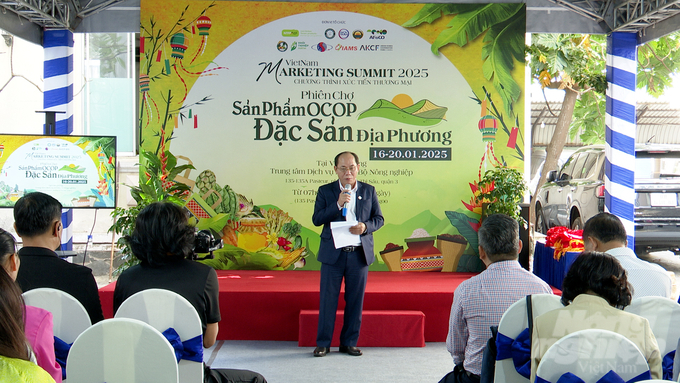
Mr. Le Viet Binh, Deputy Chief of Office of the Ministry of Agriculture and Rural Development, Head of the Southern Representative Office of the Ministry of Agriculture and Rural Development delivered the opening speech at the event. Photo: Minh Sang.
In his opening speech, Mr. Le Viet Binh, Deputy Chief of Office of the Ministry of Agriculture and Rural Development, Head of the Southern Representative Office of the Ministry of Agriculture and Rural Development, shared: After 6 years of implementing the One Commune One Product Program (OCOP Program), the Program has been widely deployed in 63/63 provinces and cities with more than 600 district-level units, more than 80% of commune-level units participating. By the end of 2024, the whole country will have over 14,600 OCOP products with 3 stars or more, of which more than 70% are rated 3-star products, about 26% are rated 4 stars, and the rest are 5-star products.
The Trade Promotion Program - OCOP Product Fair - Local specialties includes more than 80 units/30 provinces and cities participating, with regional specialty products achieving OCOP from 3 to 5 stars, products of the Dao, Bahar, K'ho, Chau Ma, S'Tieng, E De ethnic communities... to mountainous provinces in the North, Central, Central Highlands with diverse and rich product groups such as food, agricultural products, handicrafts, gifts, natural cosmetics...
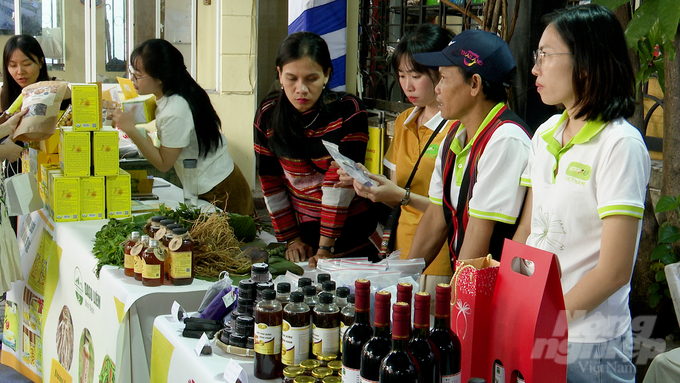
The OCOP product fair - Local specialties includes 80 units/30 provinces and cities participating, with OCOP specialty products from 3 to 5 stars. Photo: Minh Sang.
Through exhibitions, trade activities, seminars, cultural and culinary exchanges, etc., the program will contribute to promoting local economic development, improving market access capacity and expanding sustainable cooperation opportunities for community businesses. This event is an opportunity for OCOP products and local specialties to reach domestic and foreign consumers.
According to surveys and assessments, one of the most prominent impacts of the OCOP program is the change in the current production status of products, the change in the thinking and production process of OCOP entities, the transformation from pure business to product manufacturing, and the OCOP product chains are increasingly linked through regional linkages. Next is the change in packaging, product quality and social contributions of the OCOP program.
In particular, the program has created a positive change in terms of commerce, with an online sales session on TikTok specializing in OCOP products, thereby spreading most of them into the distribution system, creating a meeting point between production and consumption...
However, according to agricultural experts, the OCOP program needs to be strengthened to expand, create an agricultural production axis for export, compete fairly with countries in the region and increase added value for OCOP participants.
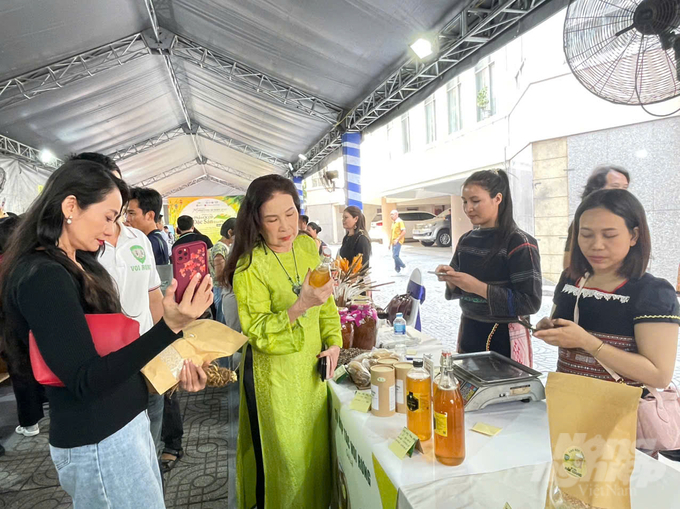
Diverse product groups such as food, agricultural products, handicrafts, gifts, natural cosmetics... were displayed and introduced at the event. Photo: Minh Sang.
According to Mr. Felix Tanedo - Coordinator of the AFOCO (Asian Forestry Association) Project in Asia, the Vietnam Non-Timber Forest Products Exchange Program (NTFP-EP) was established by the Southern Institute of Ecology and the Asian Non-Timber Forest Products Exchange Program. NTFP-EP Vietnam has the function of researching, conserving and developing non-timber forest products in Vietnam. In addition, the organization also has the role of promoting sustainable forest use and management; conserving biodiversity through capacity building of forest-dependent communities and community-based non-timber forest products enterprises.
The program is currently implementing the AFOCO-CLMV-NTFP-EP Asia project on improving local livelihoods and market linkages. “We want to train and build capacity for people (ethnic minorities) to develop non-timber products. We train them in marketing skills, accessing diverse and larger markets. When they can earn more income from non-timber products, they will reduce deforestation and forest fires…”, Mr. Felix Tanedo shared.
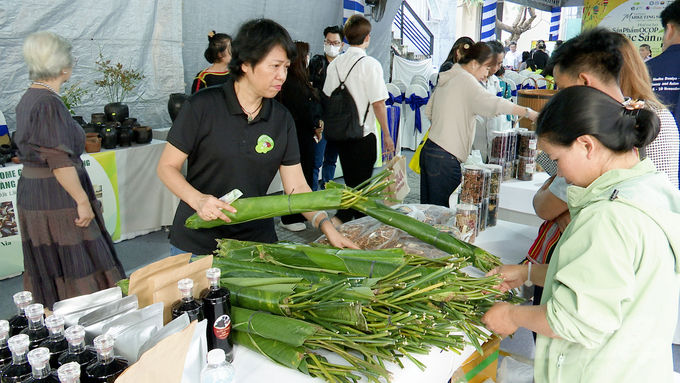
Tet atmosphere with dong leaf products for wrapping cakes introduced at booths. Photo: Minh Sang.
Ms. Trinh Thi My Dung, Manager of the NTFP-EP Vietnam Non-Timber Forest Products Exchange Program, said: The program aims to conserve forests while developing sustainable livelihoods for local communities. This includes applying PGS assessment standards and involving the community in the exploitation and monitoring process.
PGS standards are developed at the local level and in conjunction with stakeholders. Ethnic minorities participating do not require high annual costs for re-evaluation, which is suitable for the conditions of mountainous ethnic minority communities. Communities will self-monitor each other through QR codes.
According to Ms. Dung, the NTFP-EP program has currently supported 3 groups of non-timber forest products to achieve PGS standards, including the PơKao honey group in Lam Dong, the bamboo shoot group in Kon Tum and the Ba Che yellow flower tea group in Quang Ninh. In the coming time, the program will continue to support the remaining groups to achieve these standards.
"The OCOP product fair - Local specialties takes place for 2 days (from January 18 to 19) with a special space, both strange and familiar, demonstrating the companionship of the Ministry of Agriculture and Rural Development with the BSA Center, agricultural enterprises and consumers. The event includes exchange activities between sellers and buyers with unique products, including many products of the Dao, Ba Na, E De, S'Tieng, Rak Ray ethnic groups... appearing for the first time in Ho Chi Minh City", said Mr. Tran Ngoc Quyen, Director of the Institute of Applied Materials Science.
Some pictures at the event this morning:
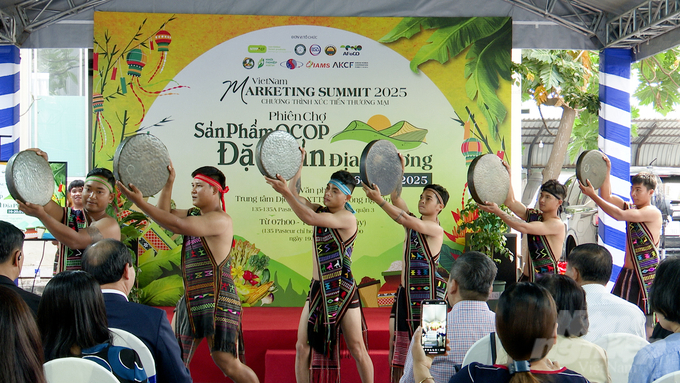
The Dao, Bahar, K'ho, Chau Ma, S'Tieng, Ede ethnic groups... came to the mountainous provinces of the North, Central, and Central Highlands, bringing many unique cultural features to the event. Photo: Minh Sang.
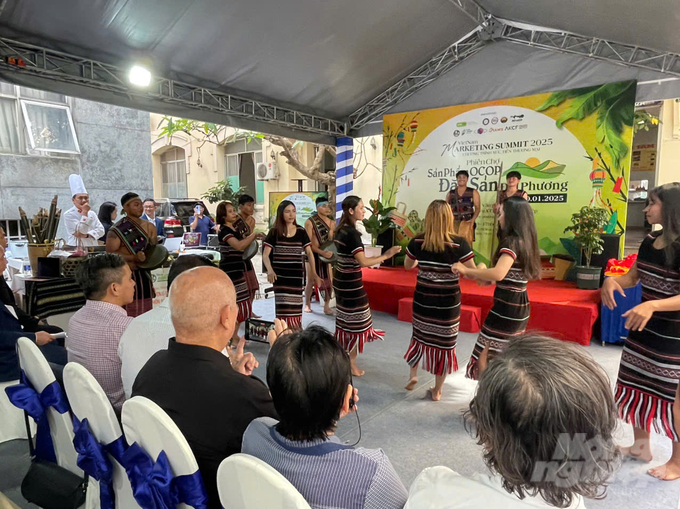
Cultural exchange performances at the opening ceremony of the event: Photo: Minh Sang.
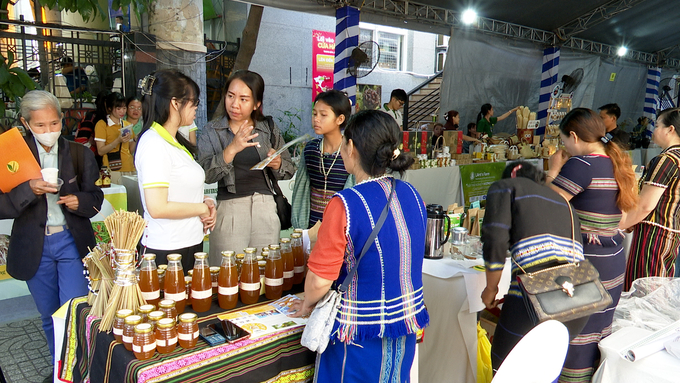
The NTFP-EP program has supported 3 groups of non-timber forest products to achieve PGS standards. Photo: Minh Sang.
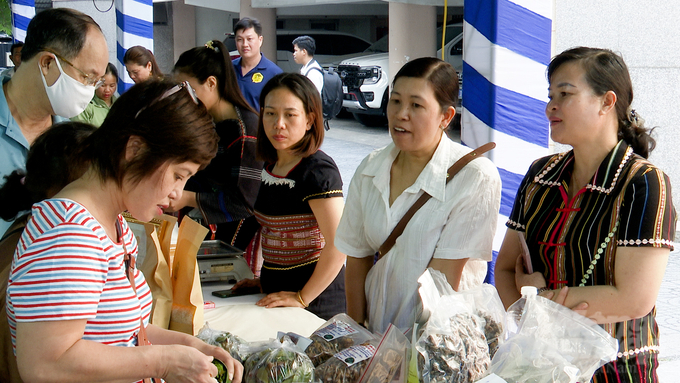
The OCOP product fair – Local specialties takes place for 2 days (from January 18 to 19) with a special space. Photo: Minh Sang.
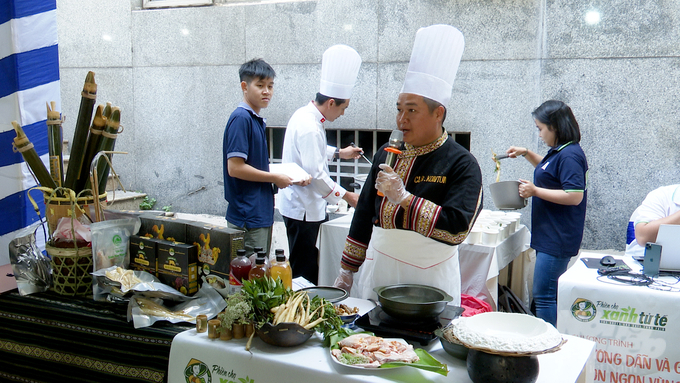
At the event, delegates witnessed top chefs demonstrate how to cook Central Highlands pho. Photo: Minh Sang.
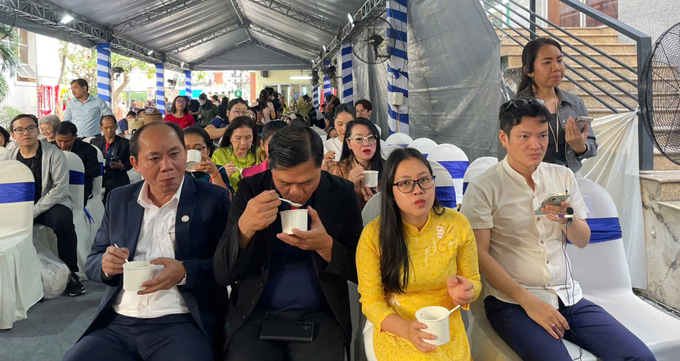
Delegates enjoyed the typical flavor of Central Highlands pho at the event. Photo: Minh Sang.
Source: https://nongsanviet.nongnghiep.vn/hang-ngan-dac-san-vung-mien-duoc-gioi-thieu-dip-can-tet-d417993.html



![[Photo] National Assembly Chairman Tran Thanh Man attends the ceremony to celebrate the 1015th anniversary of King Ly Thai To's coronation](https://vstatic.vietnam.vn/vietnam/resource/IMAGE/2025/4/13/6d642c7b8ab34ccc8c769a9ebc02346b)


![[Photo] Prime Minister Pham Minh Chinh chairs the Government's special meeting on law-making in April](https://vstatic.vietnam.vn/vietnam/resource/IMAGE/2025/4/13/8b2071d47adc4c22ac3a9534d12ddc17)
![[Photo] National Assembly Chairman Tran Thanh Man attends the Policy Forum on Science, Technology, Innovation and Digital Transformation](https://vstatic.vietnam.vn/vietnam/resource/IMAGE/2025/4/13/c0aec4d2b3ee45adb4c2a769796be1fd)
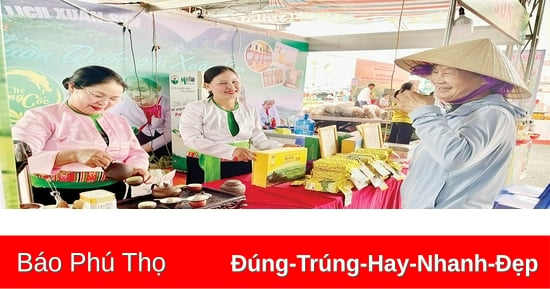

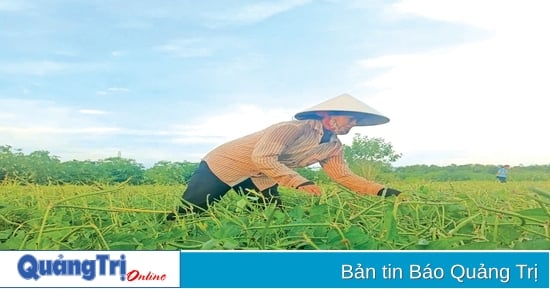

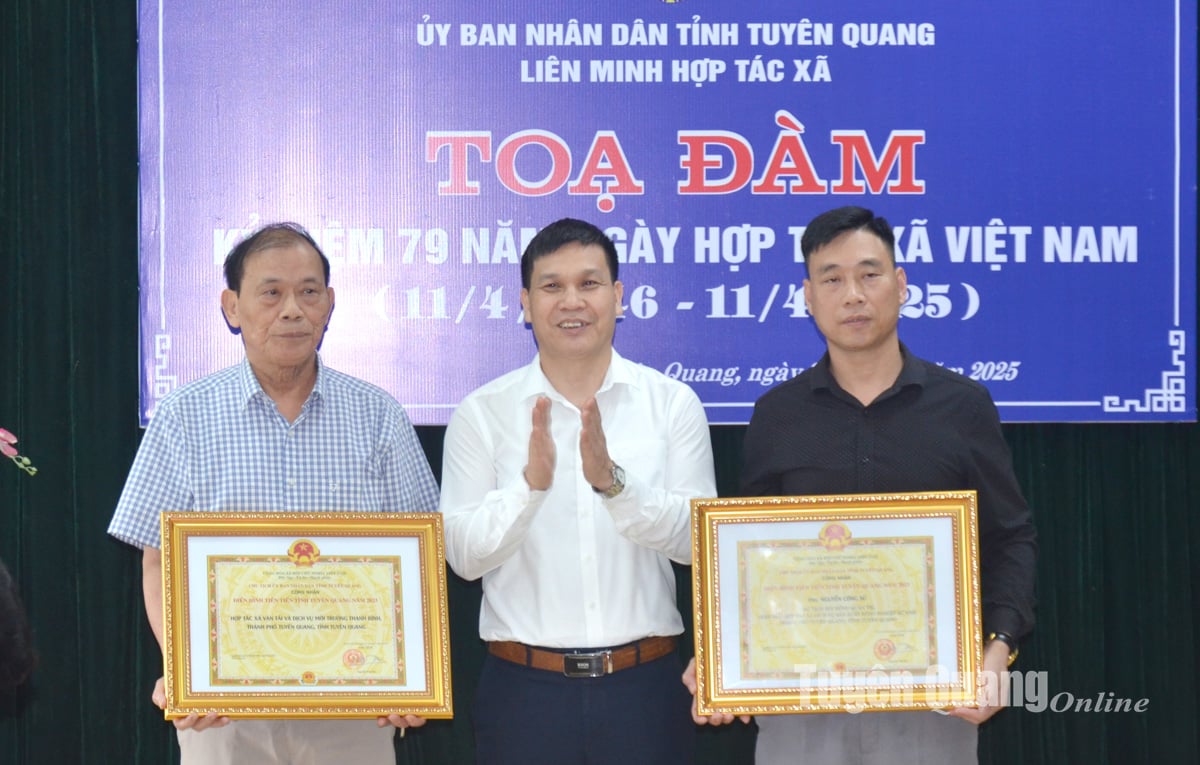

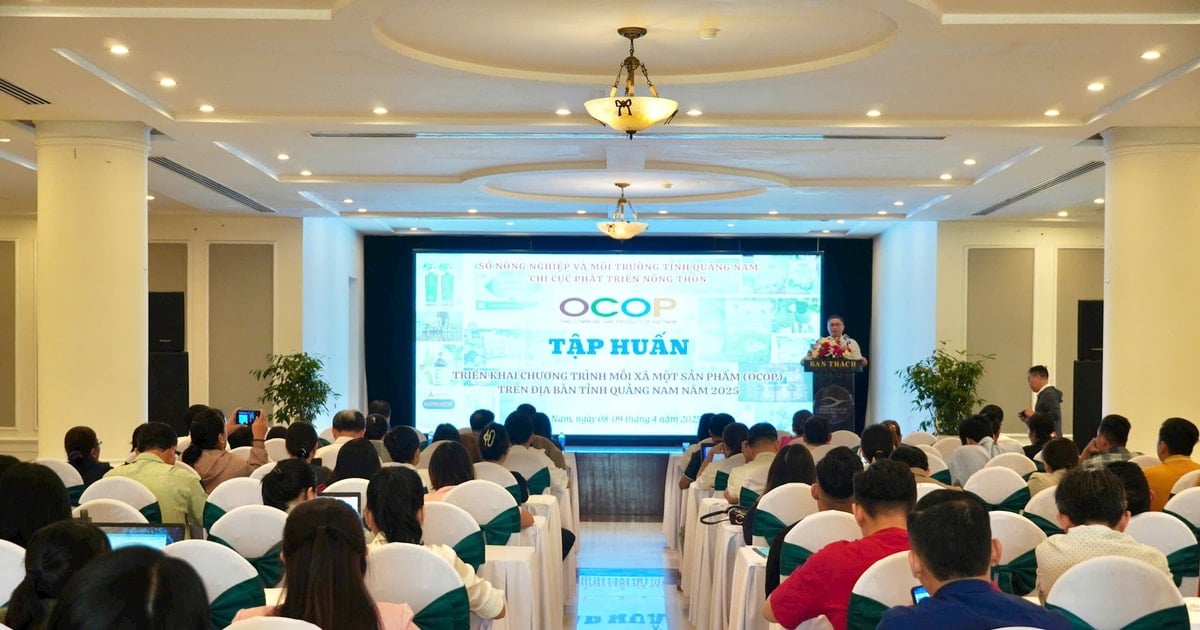
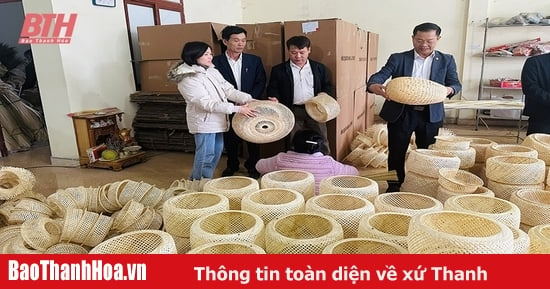

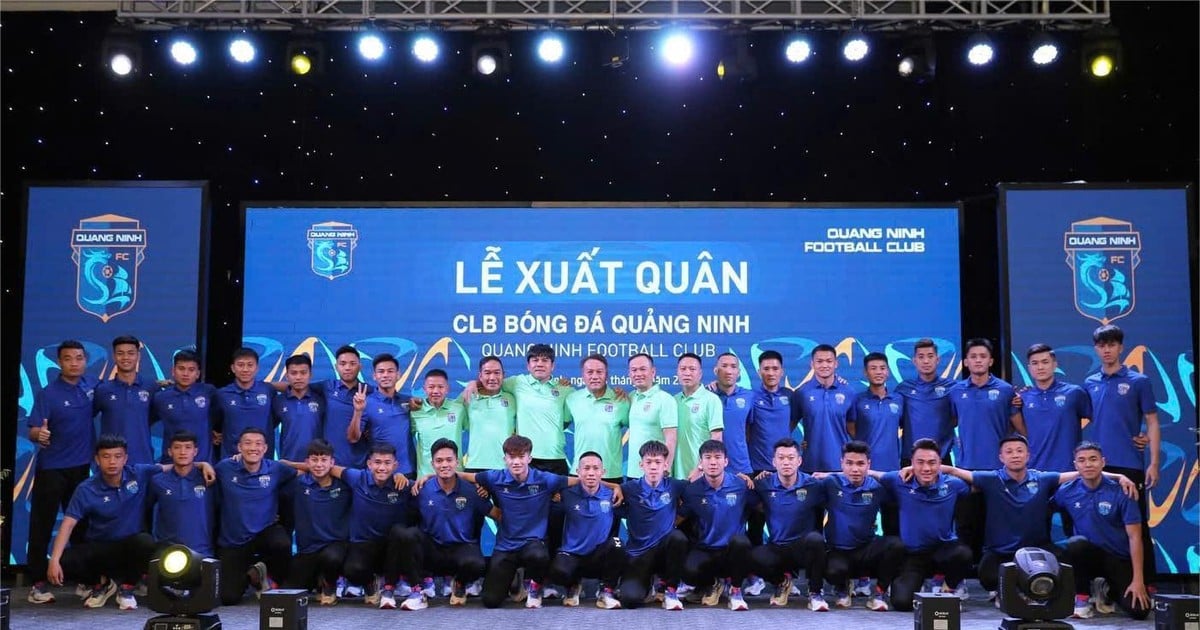
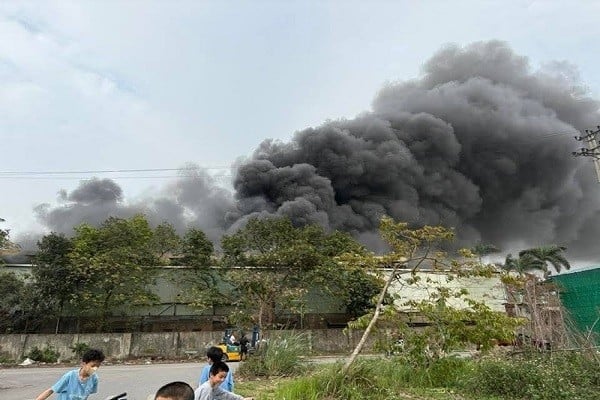
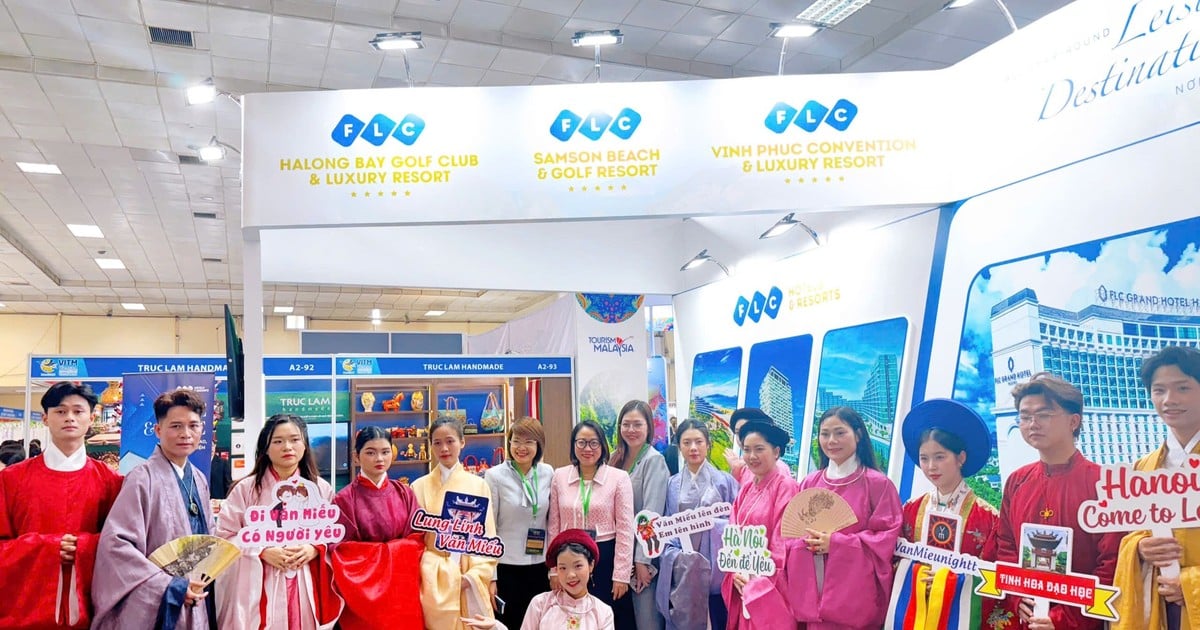
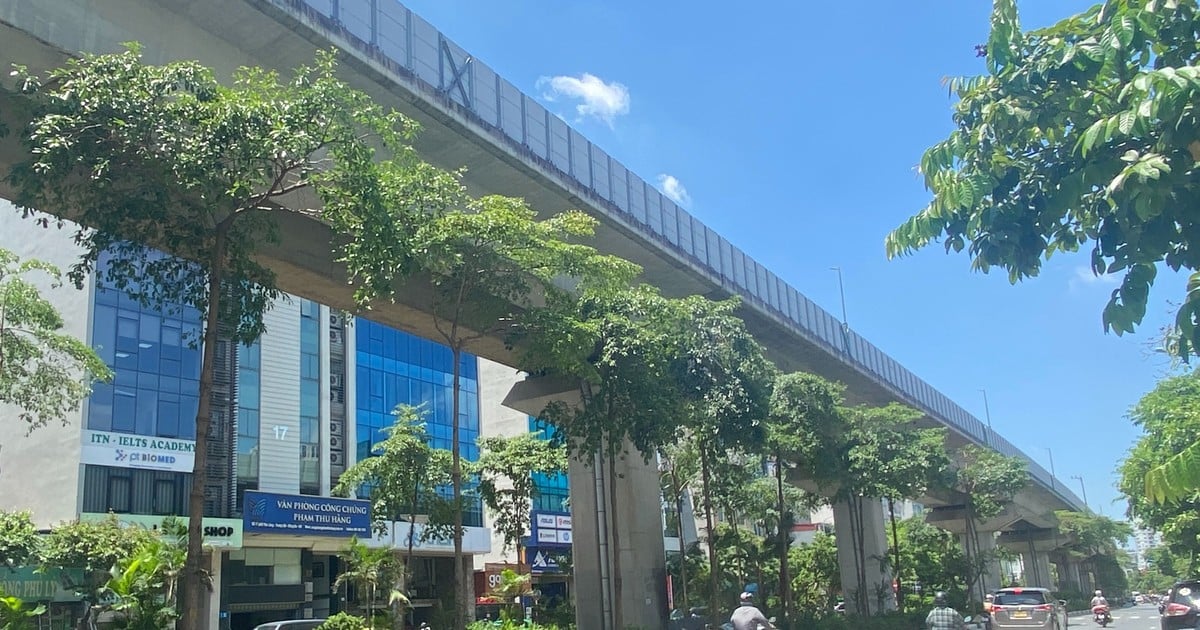
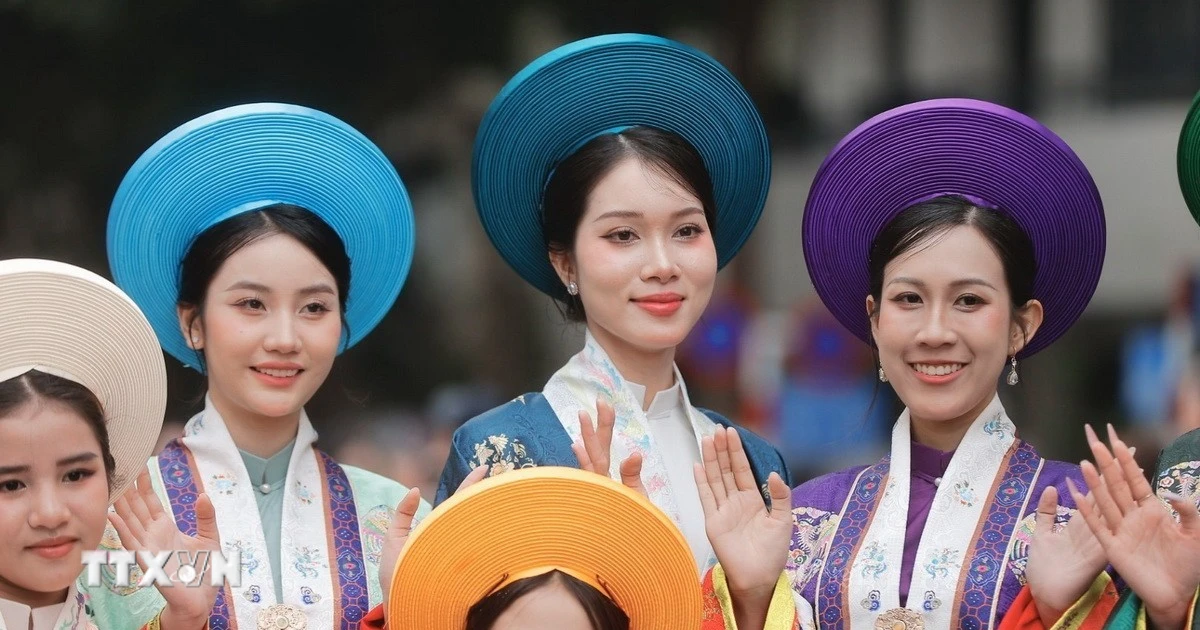




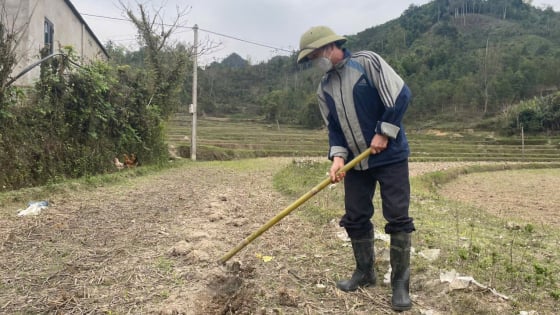
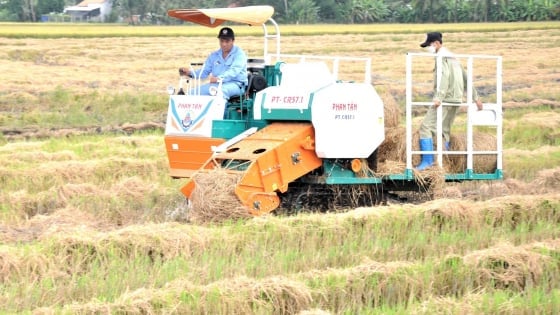

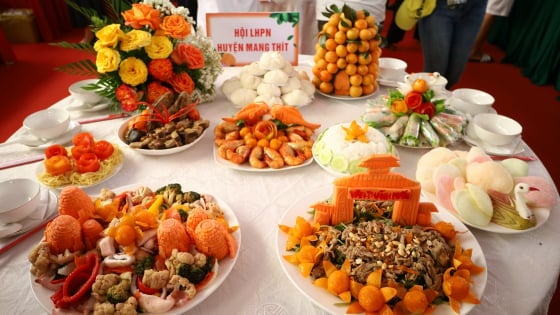
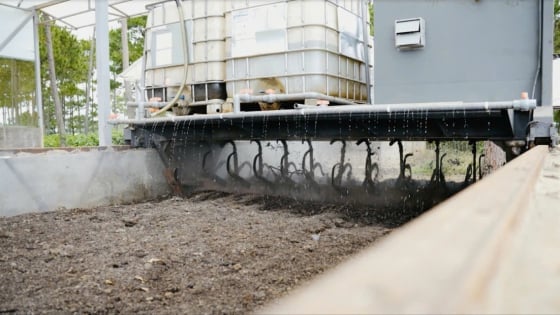
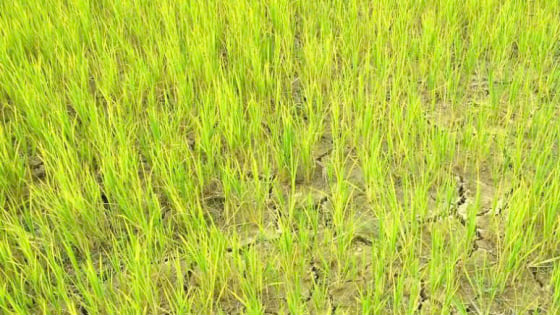
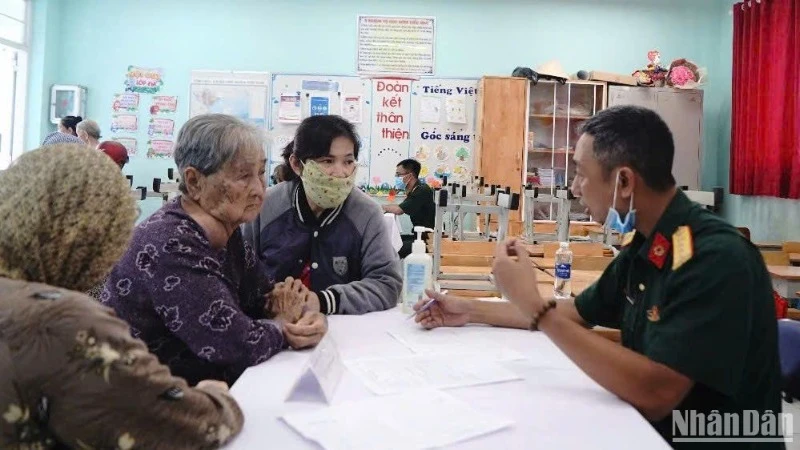














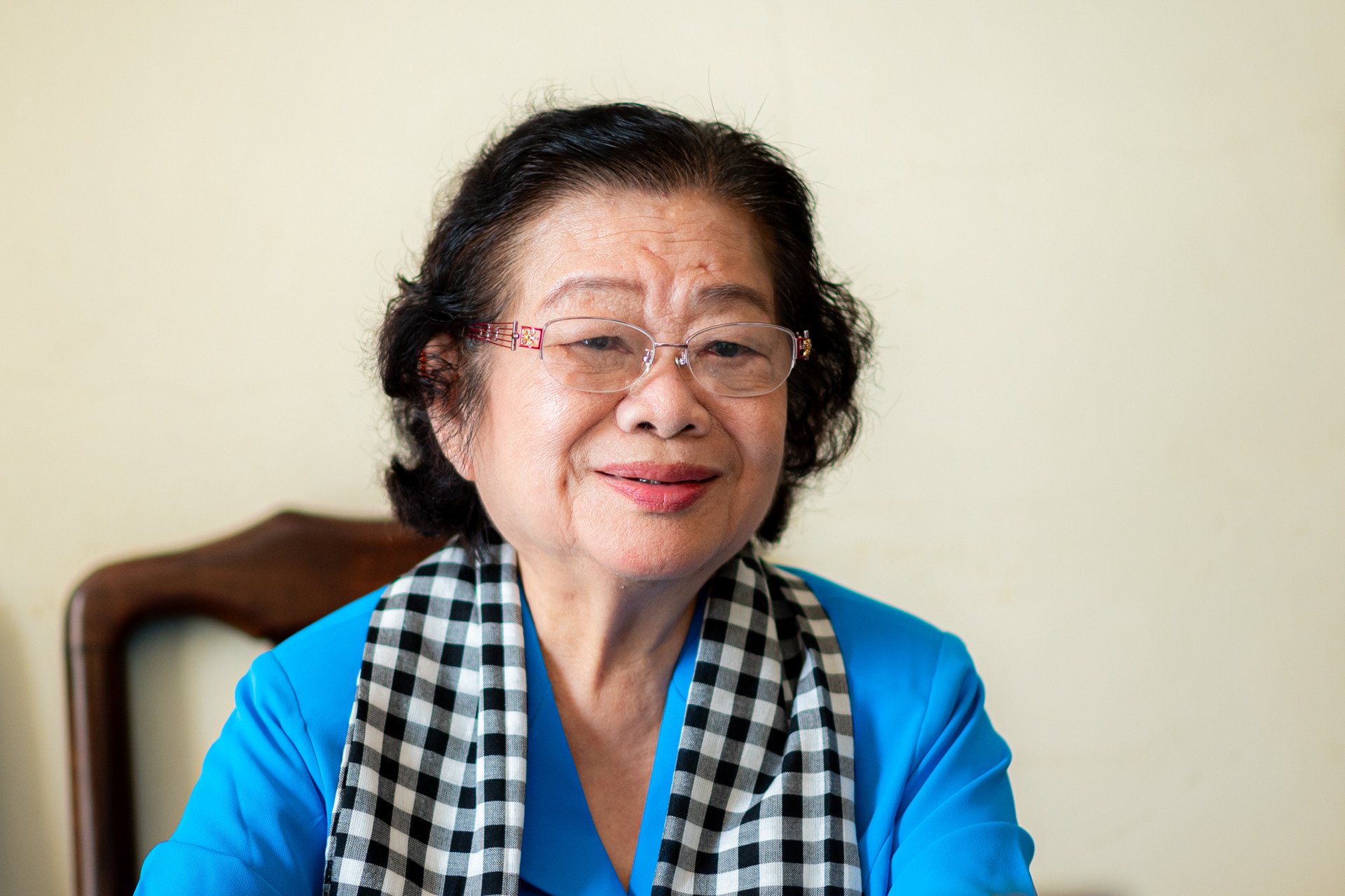

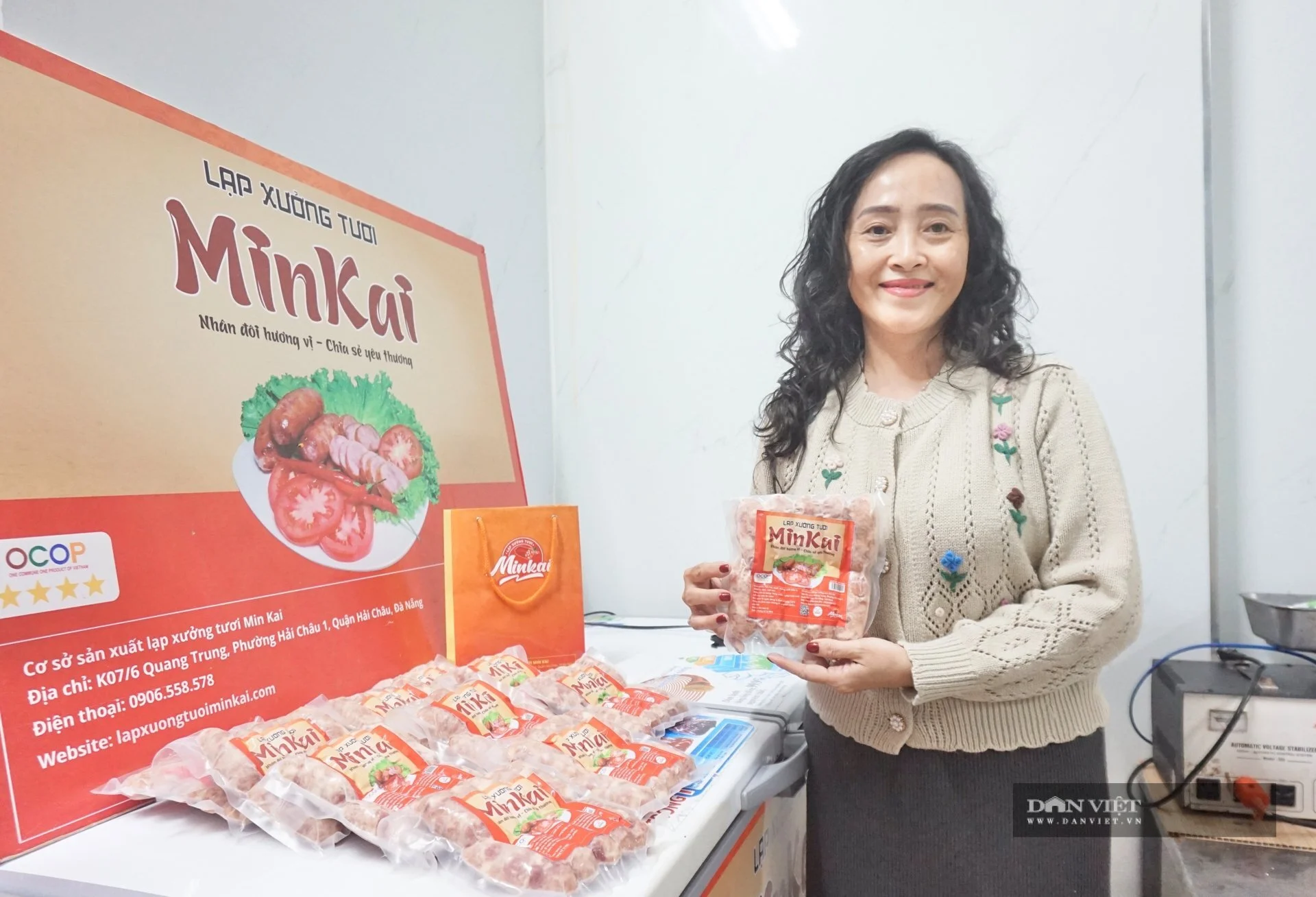




















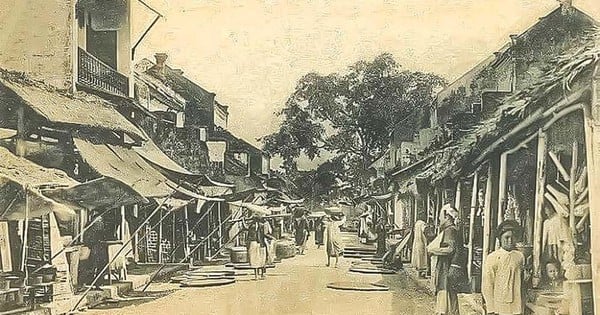

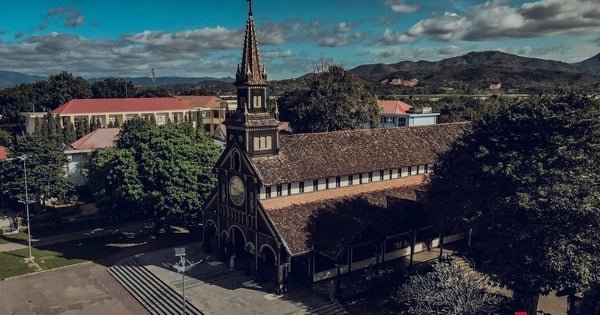

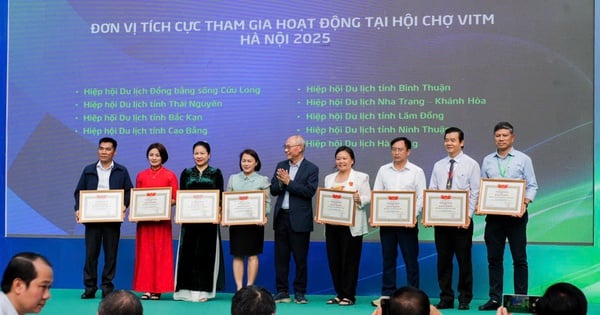






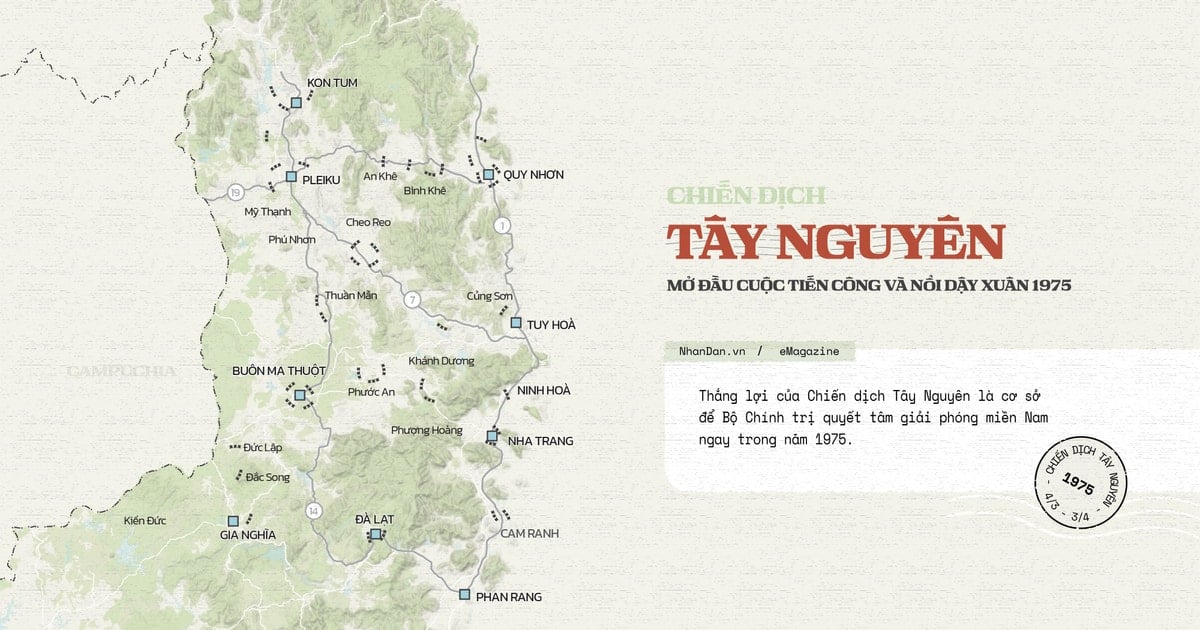
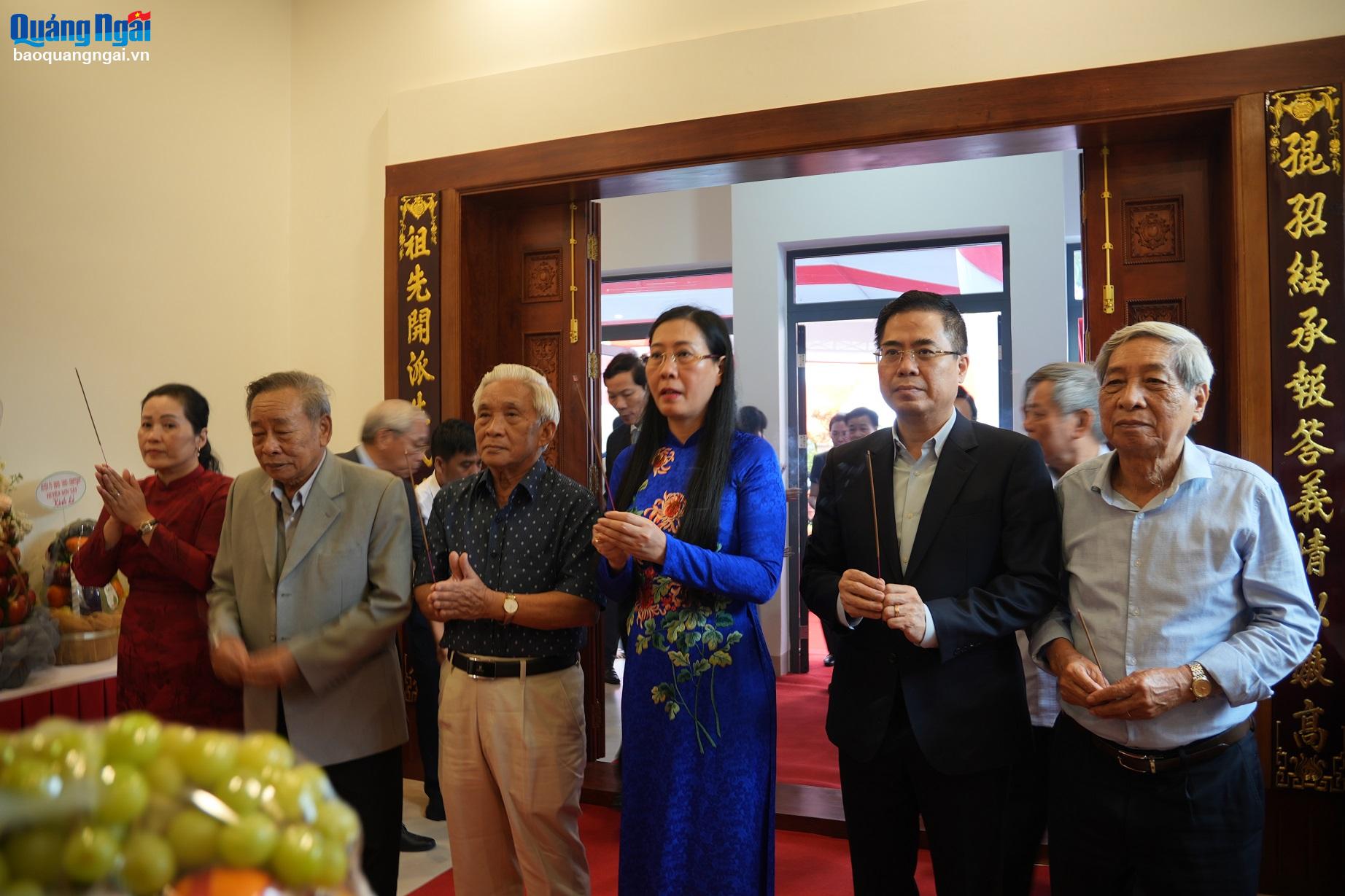
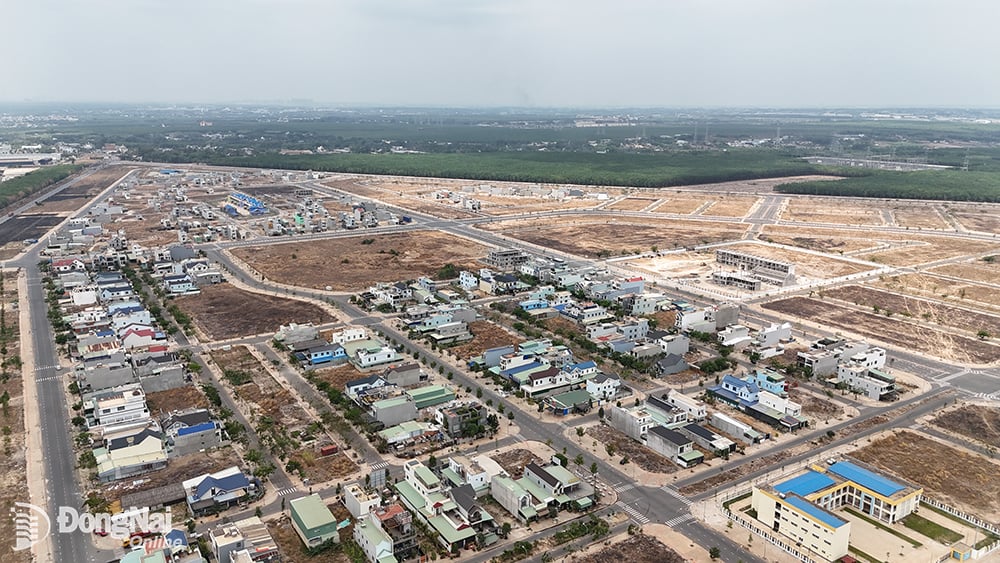

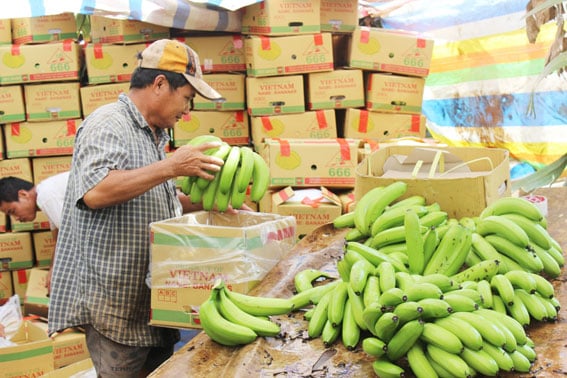











Comment (0)